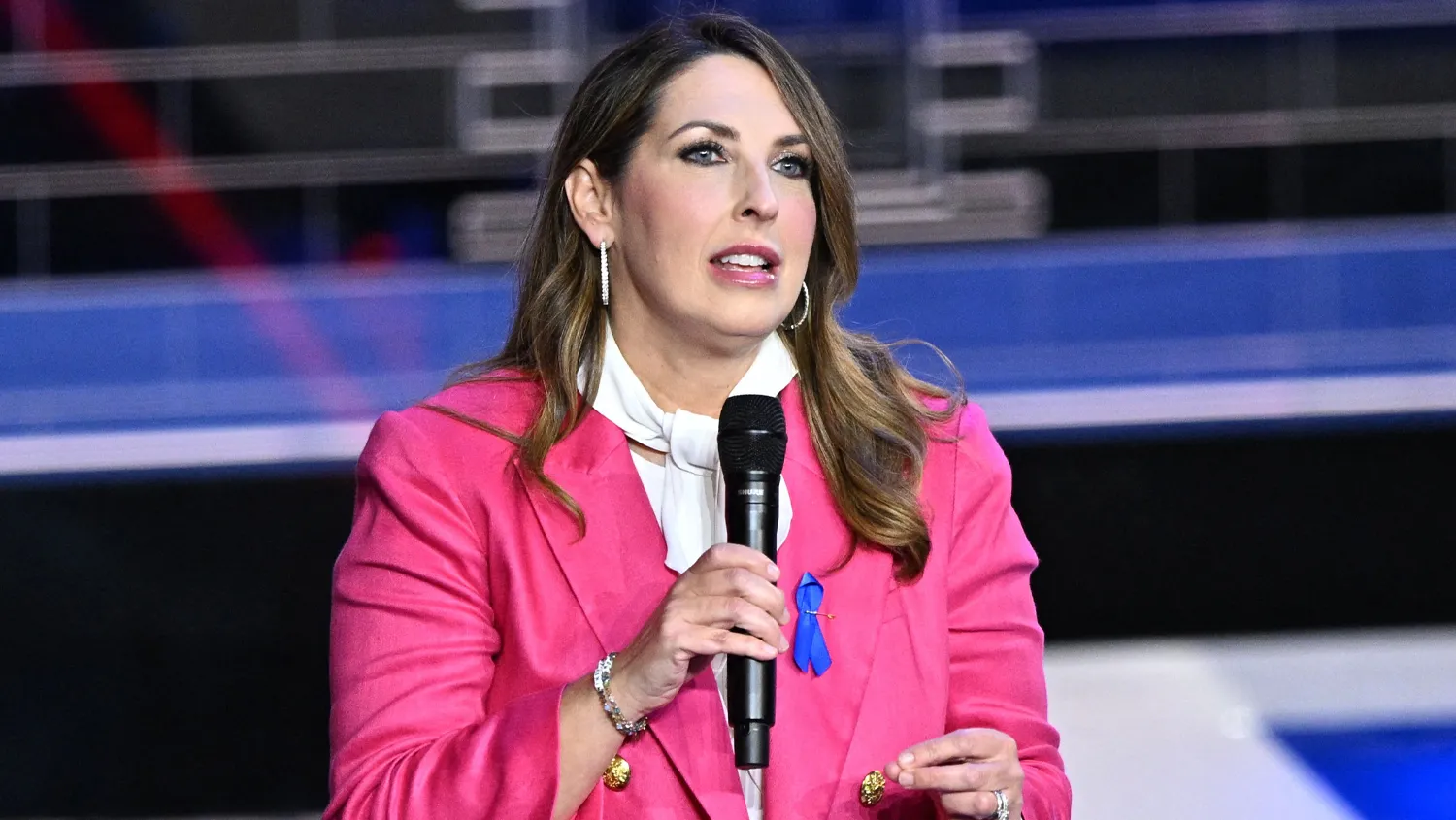Former Republican National Committee (RNC) chair Ronna McDaniel has recently joined NBC News as a political analyst, igniting controversy and sparking outrage among various circles.
McDaniel’s appointment to NBC News has raised eyebrows due to her prominent role within the Republican Party and her close ties to former President Donald Trump. As the former head of the RNC, McDaniel played a pivotal role in shaping the party’s agenda and messaging during Trump’s presidency, earning both praise and criticism for her unwavering loyalty to the former president.
Many critics argue that McDaniel’s new position at NBC News blurs the lines between journalism and partisan politics. They express concerns that her affiliation with the Republican Party could compromise the network’s journalistic integrity and impartiality, particularly in its coverage of political events and issues.
Additionally, McDaniel’s appointment has sparked outrage among some viewers and journalists who view her as a polarizing figure with a history of promoting divisive rhetoric and conspiracy theories. Critics point to her staunch defense of Trump’s controversial policies and her role in perpetuating baseless claims of election fraud following the 2020 presidential election.
Ronna McDaniel Journalism
Furthermore, McDaniel’s transition from party leadership to a media role has raised questions about the revolving door between politics and journalism. Some argue that her hiring reflects a broader trend of media outlets prioritizing political insiders and pundits over traditional journalists, potentially undermining the public’s trust in the media’s independence and objectivity.
In response to the backlash, NBC News has defended its decision to bring McDaniel on board, citing her extensive experience in politics and her insights into the inner workings of the Republican Party. The network maintains that McDaniel’s role as a political analyst will provide valuable perspective and analysis on current events and political developments.
However, critics remain skeptical of McDaniel’s ability to provide unbiased analysis, given her partisan background and her close association with Trump. They worry that her presence on NBC News could contribute to the further polarization of political discourse and undermine the network’s credibility as a trusted source of news and information.
McDaniel’s appointment comes at a time of heightened scrutiny of media organizations and their role in shaping public opinion. As the media landscape continues to evolve, questions surrounding journalistic ethics, integrity, and impartiality remain at the forefront of public discourse.
Following her appointment, McDaniel expressed enthusiasm about joining NBC News, stating that she looked forward to providing insightful analysis and commentary on political developments. She emphasized her commitment to offering fair and balanced perspectives, regardless of her past affiliations.
Despite McDaniel’s assurances, skepticism remains high among critics who question whether she can truly set aside her partisan biases in her new role. Some argue that her track record as an ardent defender of Trump and the Republican Party raises doubts about her ability to provide impartial analysis, particularly on issues where she may have personal or political stakes.
The controversy surrounding McDaniel’s hiring underscores broader concerns about the intersection of politics and journalism in today’s media landscape. As news organizations seek to attract viewers and maintain relevance in a highly competitive industry, the line between objective reporting and partisan commentary becomes increasingly blurred.
In response to the backlash, NBC News has reiterated its commitment to journalistic integrity and transparency. The network has emphasized that McDaniel will be held to the same rigorous standards as other contributors and analysts, and that her perspectives will be subject to scrutiny and fact-checking.
However, critics argue that McDaniel’s mere presence on NBC News could have a chilling effect on the network’s coverage, leading to self-censorship and the avoidance of critical reporting on issues that may be uncomfortable for her or her political allies.
As the debate over McDaniel’s role at NBC News continues to unfold, it raises important questions about the role of media organizations in shaping public discourse and holding those in power accountable. In an era of increasing political polarization and distrust of the media, the need for responsible, unbiased journalism has never been greater.
Ultimately, McDaniel’s appointment serves as a litmus test for NBC News and its commitment to upholding journalistic principles in an environment where partisan divisions run deep. The network’s handling of this controversy will undoubtedly have far-reaching implications for its credibility and reputation moving forward.

